A couple of days back, I was in a business meeting with a prospective client who spoke to me about the huge need in her organization for execution excellence training. The organization had been facing a recent execution crisis – it used to be considered the leader in execution capabilities but was falling off track in the last couple of years. They had figured that this was a people capability issue and the need articulated to me as a learning consultant was for a high impact execution excellence training. I was not convinced with this and started exploring the real problem in greater detail.
Through my conversations, I realized that the people on the field had not really changed and in that sense, the talent pool and their capabilities was more or less constant. What seemed to have changed was the business context in which the organization operated. In recent years, technology shifts, changing consumer preferences, social media influences etc. had really disruptively changed the environment that the organization operated in. These VUCA (Volatile, Unstructured, Complex and Ambiguous) conditions were getting discussed in the company’s strategic meetings but there were hardly any realignments in the execution framework – processes, structures, information flows, talent and culture – to cope with these sharp and rapid changes.
As such, a traditional execution excellence training would be a mismatched solution with limited or no impact on the field. Infact, in a VUCA environment, the very definition of execution excellence undergoes a tectonic shift. In the traditional sense execution success is about achievement of a tightly defined goal (or KPI) set at the beginning of an evaluation period.
A VUCA environment, however, is an absolute antithesis of this. Carefully laid out plans simply don’t meet heard reality. By the time, the rubber hits the road, the road has changed its structure, its course and maybe even its form. Traditional execution excellence mantras of meticulous planning and detailed execution are no longer relevant. What then is relevant?
I don’t think planning and execution become totally irrelevant, I just think they become baseline requirements. There are more complex behaviours that define execution excellence as a competency now and most organizations are simply not taking cognizance of this. In my view, there are three key execution skills that are critical in a context like this –
- The ability to make sense of hard and soft data, on the fly, and come face to face with the new reality
- The ability to respond effectively and quickly to the newly sensed reality, assess impact and course correct continuously
- The ability to learn rapidly from experience and build lessons into future plans
Traditional solutions centered around planning and organizing, managing time and resources, redefining processes etc may not work anymore. A VUCA environment demands a more complex and flexible competency building program which is tightly connected to changing business realities.
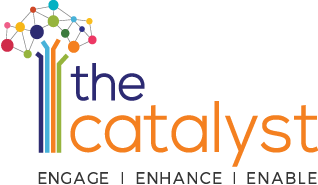
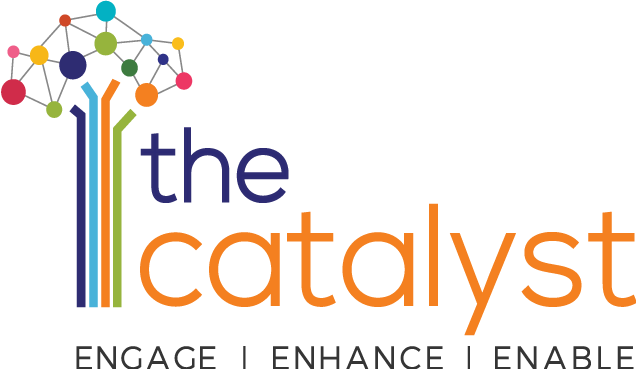


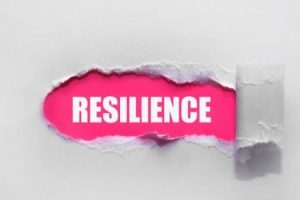

Leave a Reply
Your email is safe with us.
You must be logged in to post a comment.